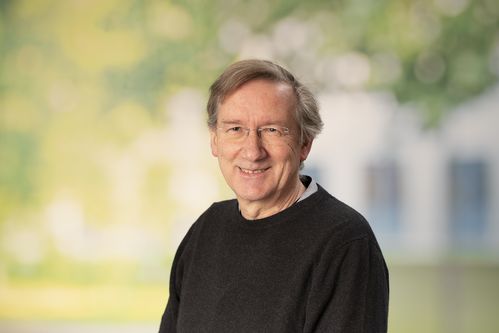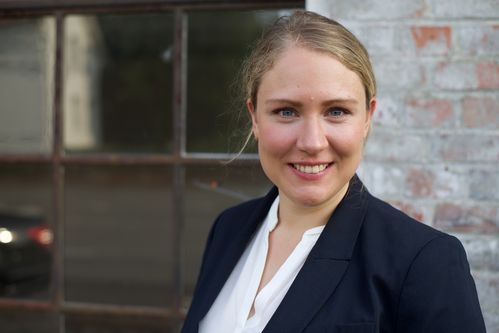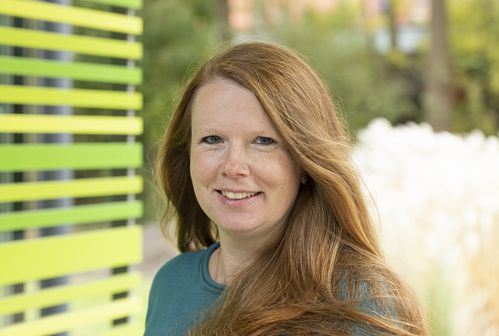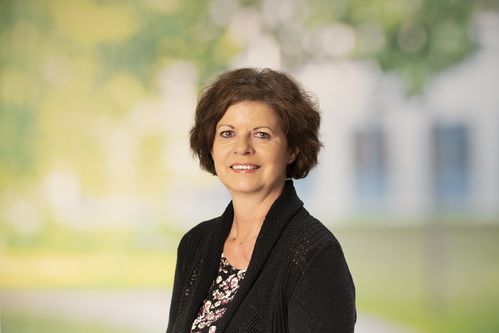Vortragsprogramm
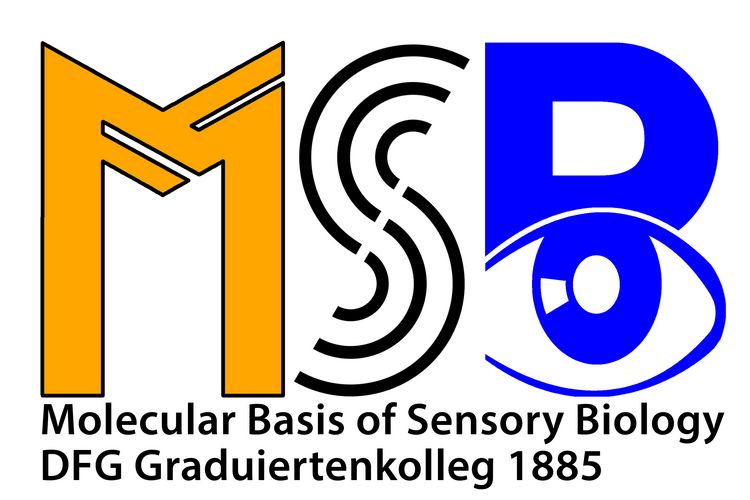
Vortragsprogramm
RTG Lecture
Basic principles and concepts in Physics, Chemistry and Biology
(6 CP; obligatory course for all RTG participants)
Recruited PhD students of the first and second cohort had a university degree in one of
the following subjects:
Biology, Chemistry, Physics or a related natural science subject. We provided to all of
them a lecture series covering basics principles and concepts in physics, chemistry and
biology, which we deemed relevant to the RTG. The first series started in January 2014,
the second in February 2017. The lecture series is intended to provide PhD students
with essential basic knowledge and vocabulary in RTG relevant fields to communicate
effectively with each other across disciplines. This lecture series does not aim at providing
the PhD students with deep knowledge of the listed subjects, but at presenting them
with the basic vocabulary and concepts. The current lecture programme is listed below
and will apply for the third cohort as well.
1.1 Introduction to optics I (Lienau)
1.2 Introduction to optics II (Lienau)
1.3 Introduction to bioinformatics/ or statistics (Hartmann)
1.4 Principles of cell structures/ cellular biophysics (Winklhofer)
1.6 Introduction to organic chemistry I (Christoffers)
1.7 Introduction to organic chemistry II (Christoffers)
1.8 Modern concepts of gene regulation (Nothwang)
1.9 Principles of protein structure (Koch)
1.10 Principles of protein structure, function and interactions (Koch)
1.11 Biological membranes (Janssen-Bienhold)
1.12 Receptors and concepts of signal transduction (Koch)
1.13 Principles of signal recognition by receptors (Rabus)
1.14 Introduction to electrophysiology (Greschner)
1.15 Principles of sensory cells and systems (Mouritsen)
1.16 Interpreting biological phenomena in an evolutionary framework (Gerlach)
1.17 Genetic basis of retinal diseases (Neidhardt)
1.18 Introduction to solid state physics (Schiek)
RTG Lecture
Basics of sensory stimuli and systems
(3 CP; obligatory course for all RTG participants)
The aim of this course is to give the students a good level of basic knowledge of the
main topics investigated within the RTG. This will further facilitate the communication between
PhD students with different backgrounds working on different topics. A second
major aim of this course is to make the PhD students aware of the breadth of knowledge,
expertise, and approaches available among the PIs, so that they know, whom to contact
when they need multidisciplinary input to their research project.
2.1 Quantum mechanics for Dummies (Lienau)
2.2 Physics of light and light detection (Lienau)
2.3 The visual system: phototransduction (Koch)
2.4 The visual system: retinal signal processing (Dedek)
2.5 Ganglion cells and electrode arrays (Greschner)
2.6 The auditory system (Nothwang)
2.7 Principles of chemoreception (Gerlach/ Rabus)
2.8 Systems biology approach (Rabus)
2.9 Magnetic fields and their detection (Mouritsen)
2.10 Common features of ciliary cells (Neidhardt)
2.11 Sensory systems and evolution (Gerlach)
2.12 Principles of fluorescent dyes and their design (Christoffers)
Multidisciplinary RTG weekly seminar
This obligatory seminar or multidisciplinary colloquium is held every week. PhD students
introduce the audience (graduate students, PIs, other interested scientists of the faculties)
to the research questions and topics of their PhD projects and report their recent
findings. In addition, we invite external guests for seminar (on average once per month).
All RTG members (PhD students and PIs) are asked to suggest speakers. We make
sure that this seminar has a balanced composition of physical, chemical and biological
subjects relevant to the diversity of senses being studied within the RTG and beyond.
Importantly, the composition of the audience will force the presenting PhD students to
communicate their methods, data and ideas in a generally understandable way.



